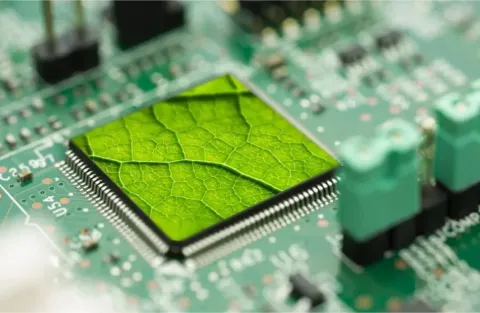- 22 results found
- (-) France
- Horticulture
- Clear filter
Evaluation of technical and regulatory aspects for robotic devices or AI systems
No matter the stage in your product's life cycle, LNE supports your project with any required study or regulatory assistance. This service provides you with the know-how of its AI evaluation teams through a range of expertise to answer your needs of understanding the normative landscape and related testing possibilities. Our specialised technical and regulatory service delivers a meticulous evaluation of your robotic device or AI-based software, highlighting critical areas of concern and optimising compliance with European regulation (e.g., AI Act, Machine Regulation, Cyber Resilience Act, ...) and industry standards (ISO 18497, IEC 61508, ...). LNE offers tailored support throughout your product’s life cycle, utilising our expertise to address industrial challenges. Related to your AI or robotic solution, we will investigate and report the standards identified and their requirements to help you better understand and implement them. This service can optionally propose a blank audit to assess any discrepancies and implement corrective actions before certification. Visit the Website for more information.
